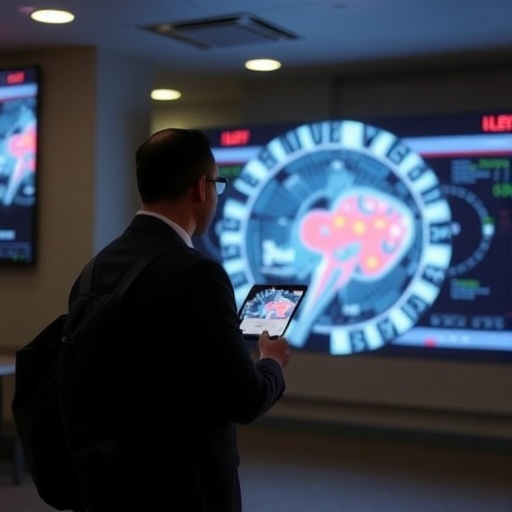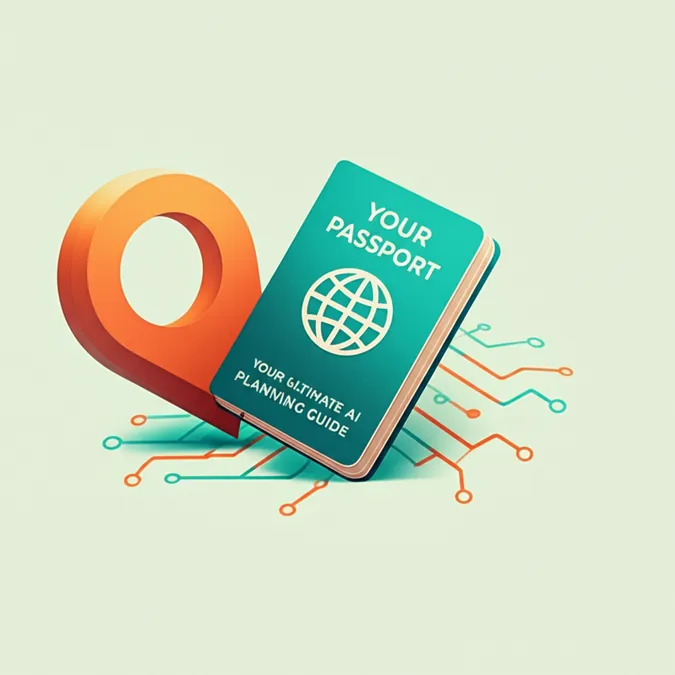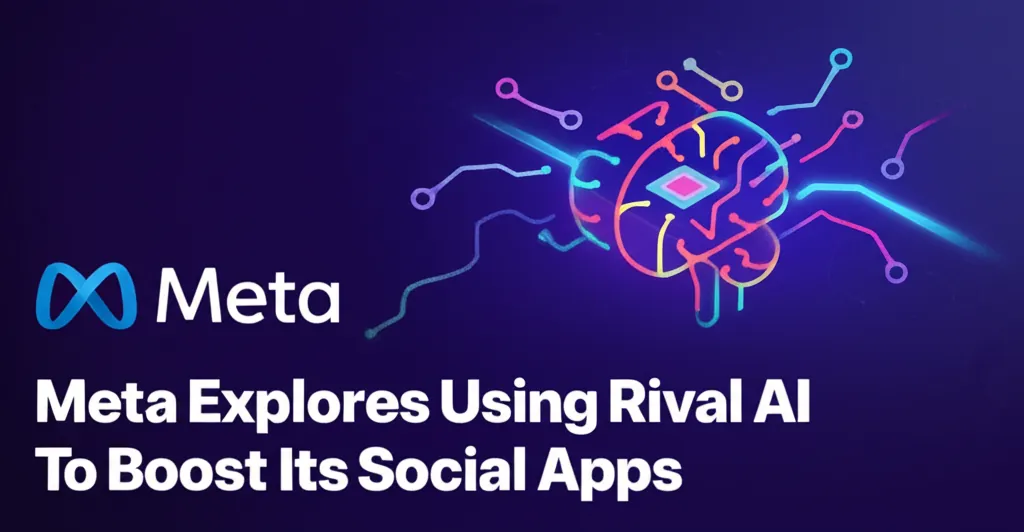Developer Offer
Try ImaginePro API with 50 Free Credits
Build and ship AI-powered visuals with Midjourney, Flux, and more — free credits refresh every month.
How AI Is Revolutionizing Patient Care And Medicine

In recent years, artificial intelligence has moved from science fiction to a practical force reshaping entire industries. A key development in this wave of innovation is the rise of large language models (LLMs), with tools like ChatGPT leading the charge. This technology is sparking intense discussion, especially in the healthcare sector, where clear communication and efficient data handling are critical. A comprehensive umbrella review conducted by Iqbal et al. delves into the multifaceted impact of these models, providing a detailed look at the evidence.
Revolutionizing Patient Communication
One of the most significant impacts of LLMs is their ability to break down communication barriers. Medical jargon can often be confusing and intimidating for patients, creating a gap in understanding. With their advanced language processing skills, LLMs can translate complex medical information into simple, clear, and concise explanations. This enhances patient comprehension, empowers them to take a more active role in their health, and can ultimately lead to better treatment outcomes.
A Powerful Tool for Medical Professionals
For clinicians and medical staff, time is a precious resource. ChatGPT and similar AI models can serve as invaluable assistants by rapidly scanning and summarizing extensive medical literature. This allows healthcare professionals to stay updated on the latest research and advancements without spending countless hours on reading. By quickly extracting relevant findings, the AI supports more informed clinical decisions, directly benefiting the quality of patient care.
Navigating the Ethical and Privacy Landscape
The integration of AI into healthcare brings critical ethical and data privacy concerns to the forefront. Since these models process vast amounts of data, protecting sensitive patient information is non-negotiable. The study emphasizes the urgent need for developers and policymakers to create robust guidelines and stringent regulations. These frameworks must mitigate the risks of data breaches and privacy infringements, ensuring that AI tools adhere to the highest ethical standards and prioritize patient confidentiality.
Shaping the Future of Medical Education
The training of future healthcare professionals is another area ripe for transformation. By integrating LLMs into medical school curricula, educators can create highly interactive and dynamic learning experiences. AI can simulate diverse patient scenarios, providing a risk-free environment for students to practice their clinical decision-making skills. This hands-on, feedback-driven approach helps better prepare them for the real-world challenges they will face in their careers.
Expanding Access to Care Globally
LLMs hold the potential to democratize access to healthcare resources, particularly in underserved communities. They can power virtual health assistants that provide essential health information and guidance, bridging gaps where access to medical professionals is limited. This is also evident in mental health, where AI-assisted applications can offer preliminary support and coping strategies, and in telemedicine, where AI can streamline administrative tasks like scheduling and pre-consultation inquiries, making virtual care more efficient and accessible for everyone.
The Path Forward Balancing Innovation and Responsibility
As healthcare embraces these technological advancements, the conversation must focus on balancing innovation with clinical and ethical responsibility. The review by Iqbal et al. serves as a call to action for all stakeholders to engage with AI thoughtfully. The future of healthcare will likely be defined by a synergy between artificial intelligence and the human touch. By harnessing the power of LLMs responsibly, we can create a new era of care that is more accessible, effective, and deeply committed to patient welfare.
Compare Plans & Pricing
Find the plan that matches your workload and unlock full access to ImaginePro.
| Plan | Price | Highlights |
|---|---|---|
| Standard | $8 / month |
|
| Premium | $20 / month |
|
Need custom terms? Talk to us to tailor credits, rate limits, or deployment options.
View All Pricing Details

